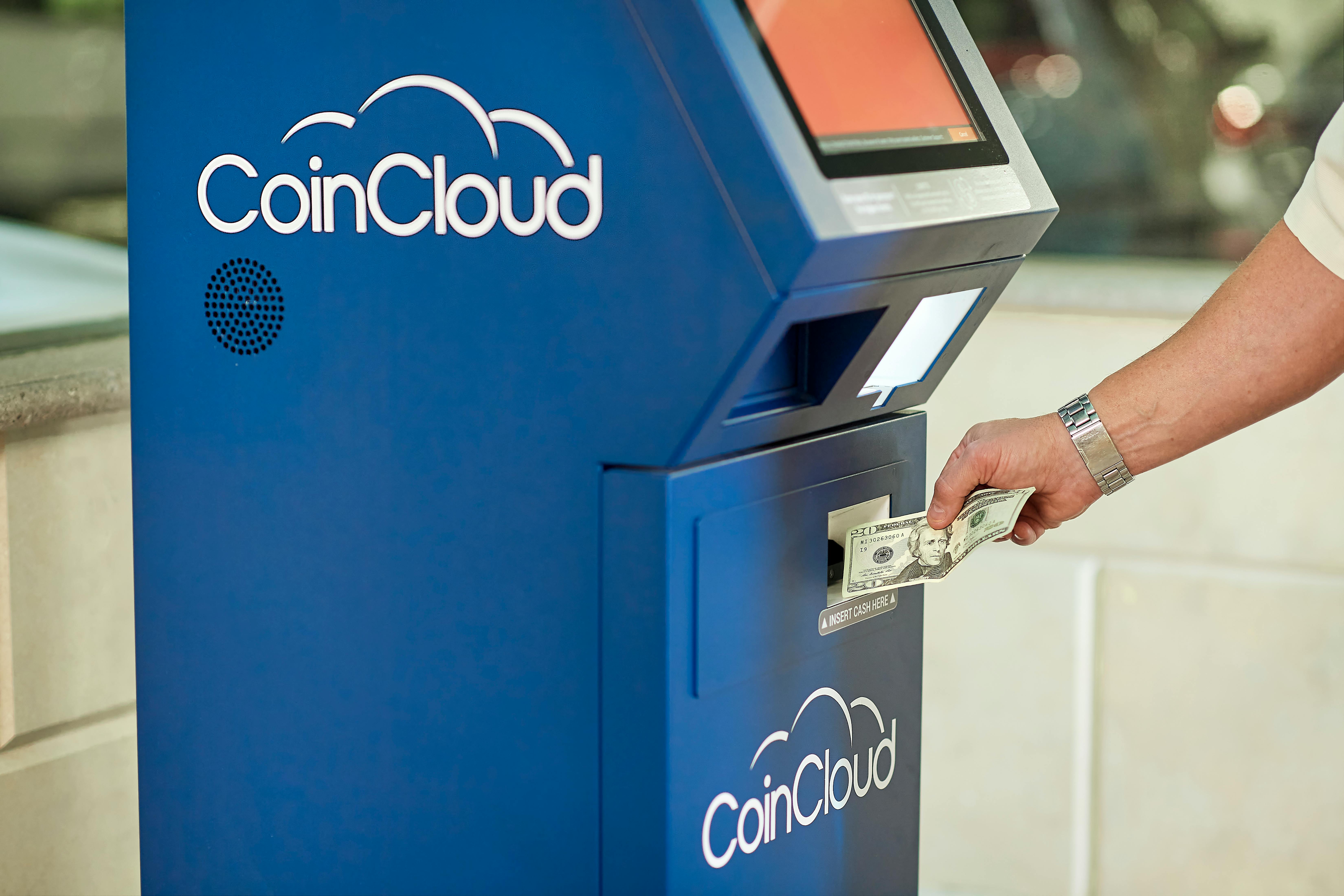Understanding Digital Assets in Wills
In today’s digital age, the concept of digital assets has become an integral part of estate planning. As technology continues to evolve, so does the necessity to account for digital possessions in wills. Digital assets encompass a wide range of items, including cryptocurrencies, social media accounts, online businesses, and digital media. As estate lawyers and their clients navigate the complexities of wills, it is crucial to understand how to effectively manage and include these assets in estate planning.
What Are Digital Assets?
Digital assets can be classified into several categories, each with its own unique characteristics and implications for estate planning:
- Cryptocurrencies: Digital currencies such as Bitcoin and Ethereum, stored in digital wallets.
- Online Financial Accounts: This includes accounts on platforms like PayPal, Stripe, or banking apps.
- Digital Media: E-books, music, movies, and any digital art purchased or created.
- Reward Points: Points or miles accumulated in loyalty programs, such as airline or credit card rewards.
- Email Accounts: Personal or business accounts containing correspondence and important information.
- Social Media Accounts: Profiles on platforms like Facebook, Instagram, LinkedIn, and Twitter.
- Online Storage Accounts: Services like Google Drive or Dropbox that may contain personal files and documents.
- Domain Names and Websites: Any domains owned or websites built, including blogs or online businesses.
- Digital Collectibles: Items such as NFTs (Non-Fungible Tokens) or in-game assets.
- Intellectual Property: Copyrighted materials, patents, and trademarks in digital format.
The Importance of Including Digital Assets in Wills
Including digital assets in wills is essential for several reasons:
- Ensures Access: Digital assets often require specific access credentials. Including them in a will ensures that heirs can access these assets without legal complications.
- Prevents Disputes: Clearly outlining the distribution of digital assets can help prevent disputes among heirs, ensuring that the deceased’s wishes are honored.
- Protects Value: Digital assets can hold significant financial value. Properly managing these assets in a will helps protect their worth for heirs.
- Reflects Modern Reality: As society becomes increasingly digital, estate planning must adapt to reflect this reality. Failing to include digital assets can lead to complications and potential loss of value.
Legal Considerations for Digital Assets
The legal landscape surrounding digital assets is continually evolving. Different jurisdictions may have varying laws regarding the transfer and management of digital assets, making it crucial for estate planners to stay informed. Here are some key legal considerations:
- Digital Asset Laws: Laws governing digital assets can differ significantly based on location. Estate planners should familiarize themselves with local regulations to ensure compliance.
- Service Agreements: Many online platforms have specific terms of service that dictate what happens to accounts upon the owner’s death. It is essential to review these agreements to understand the implications for digital assets.
- Digital Executors: Appointing a digital executor in a will can streamline the process of managing digital assets. This individual should be knowledgeable about digital technology and capable of handling online accounts.
Drafting a Digital Asset Clause
When drafting a will, it is important to include a specific clause addressing digital assets. This clause should outline:
- Types of Digital Assets: Clearly define what constitutes digital assets within the estate.
- Access Information: Provide necessary access credentials, such as usernames and passwords, to ensure that the digital executor can manage the assets.
- Distribution Instructions: Specify how each digital asset should be distributed among heirs.
- Digital Executor: Designate a trusted individual to oversee the management and distribution of digital assets.
Updating Your Digital Will
Just as physical wills require updates to reflect changes in life circumstances, digital wills must also be regularly revised. Here are some reasons to keep digital wills current:
- Changes in Digital Assets: New digital assets may be acquired, or existing accounts may be closed. Regular updates ensure all assets are accounted for.
- Access Information Changes: Passwords and security measures often change. Keeping the digital will updated ensures the digital executor has the correct information.
- Legal Changes: As laws governing digital assets evolve, it is important to stay compliant with current regulations.
- Peace of Mind: Knowing that your digital legacy is well-managed provides peace of mind for both you and your loved ones.
Challenges in Managing Digital Assets
Managing digital assets can present unique challenges, including:
- Lack of Awareness: Many individuals are unaware of the importance of digital assets in estate planning, leading to potential complications.
- Security Concerns: Digital assets can be vulnerable to hacking or unauthorized access. Ensuring that access information is secure is paramount.
- Complexity of Transfer: Transferring ownership of digital assets can be complex due to varying platform policies and legal requirements.
Best Practices for Estate Lawyers
As estate lawyers, it is crucial to guide clients through the process of including digital assets in their wills. Here are some best practices:
- Educate Clients: Help clients understand the importance of digital assets and the implications for their estate planning.
- Encourage Documentation: Advise clients to document their digital assets, including access information and distribution wishes.
- Utilize Technology: Leverage technology to streamline the management of digital assets. Tools like BePrepared can provide a secure digital vault for clients to store and manage their digital assets efficiently.
- Stay Informed: Keep abreast of changes in digital asset laws and best practices to provide the most current advice to clients.
The Role of BePrepared
Incorporating a digital asset management tool like BePrepared can significantly enhance the estate planning process. BePrepared offers a secure, white-labeled digital vault that allows clients to store and distribute their digital assets confidentially. This platform provides several benefits for both estate lawyers and their clients:
- Centralized Management: BePrepared allows clients to manage all their digital assets in one secure location, streamlining the estate planning process.
- Enhanced Security: With military-grade encryption, BePrepared ensures that sensitive information remains protected.
- Efficient Communication: The platform facilitates seamless communication between clients and their estate lawyers, reducing the need for lengthy email chains and document requests.
- Client Retention: By offering a modern solution for digital asset management, estate lawyers can enhance their services and retain clients more effectively.
Conclusion
As the digital landscape continues to evolve, the need for effective management of digital assets in wills becomes increasingly important. Estate lawyers must adapt to this reality by educating clients, implementing best practices, and utilizing technology to streamline the process. By incorporating tools like BePrepared, lawyers can offer a comprehensive solution that addresses the complexities of digital assets, ensuring that clients’ wishes are honored and their digital legacies are preserved.
In summary, the integration of digital assets into estate planning is not just a trend; it is a necessity in our digital age. By taking proactive steps to include these assets in wills, estate lawyers can provide invaluable guidance to their clients, ensuring a smooth transition of wealth and legacy in the digital realm.




















